Podcast: Play in new window | Download
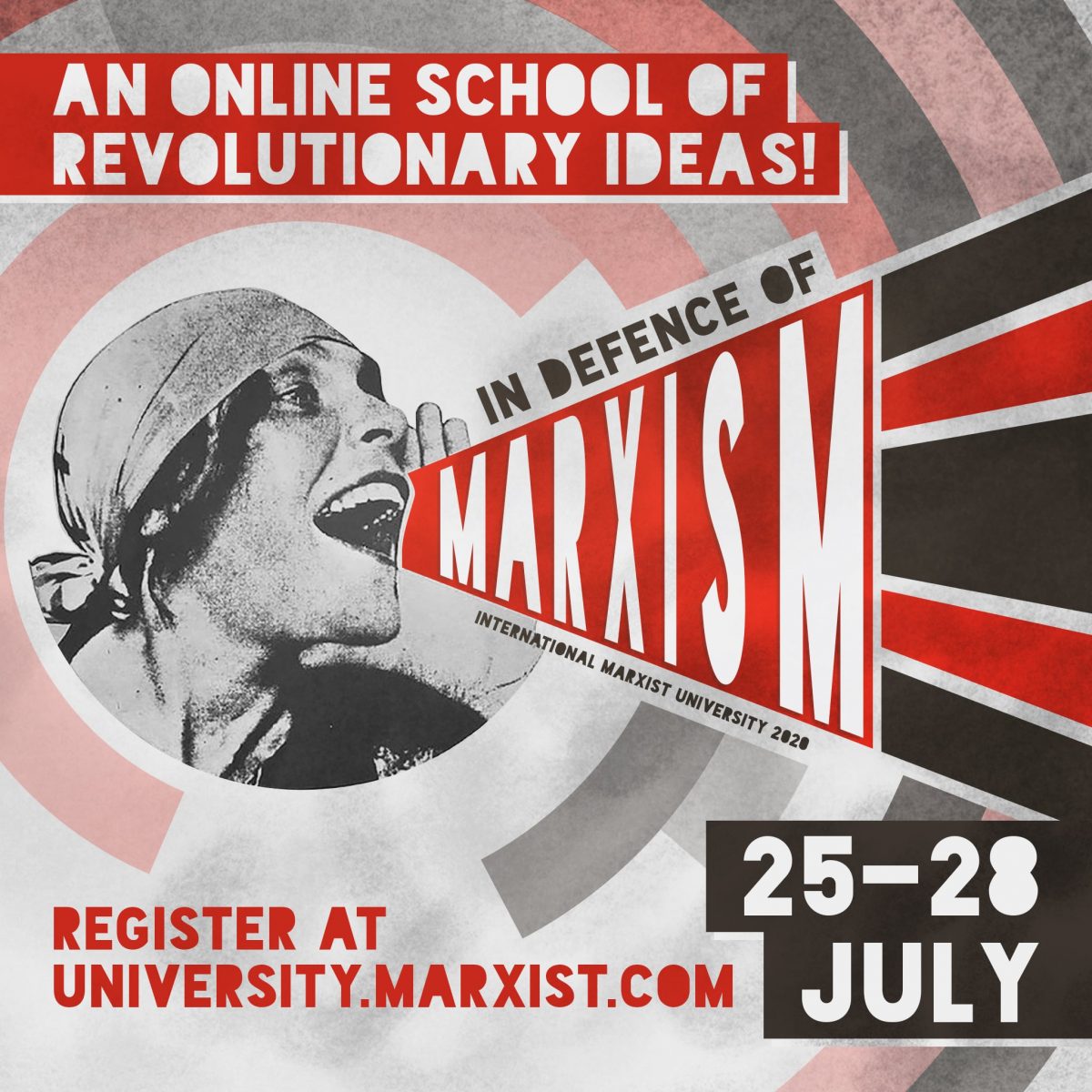

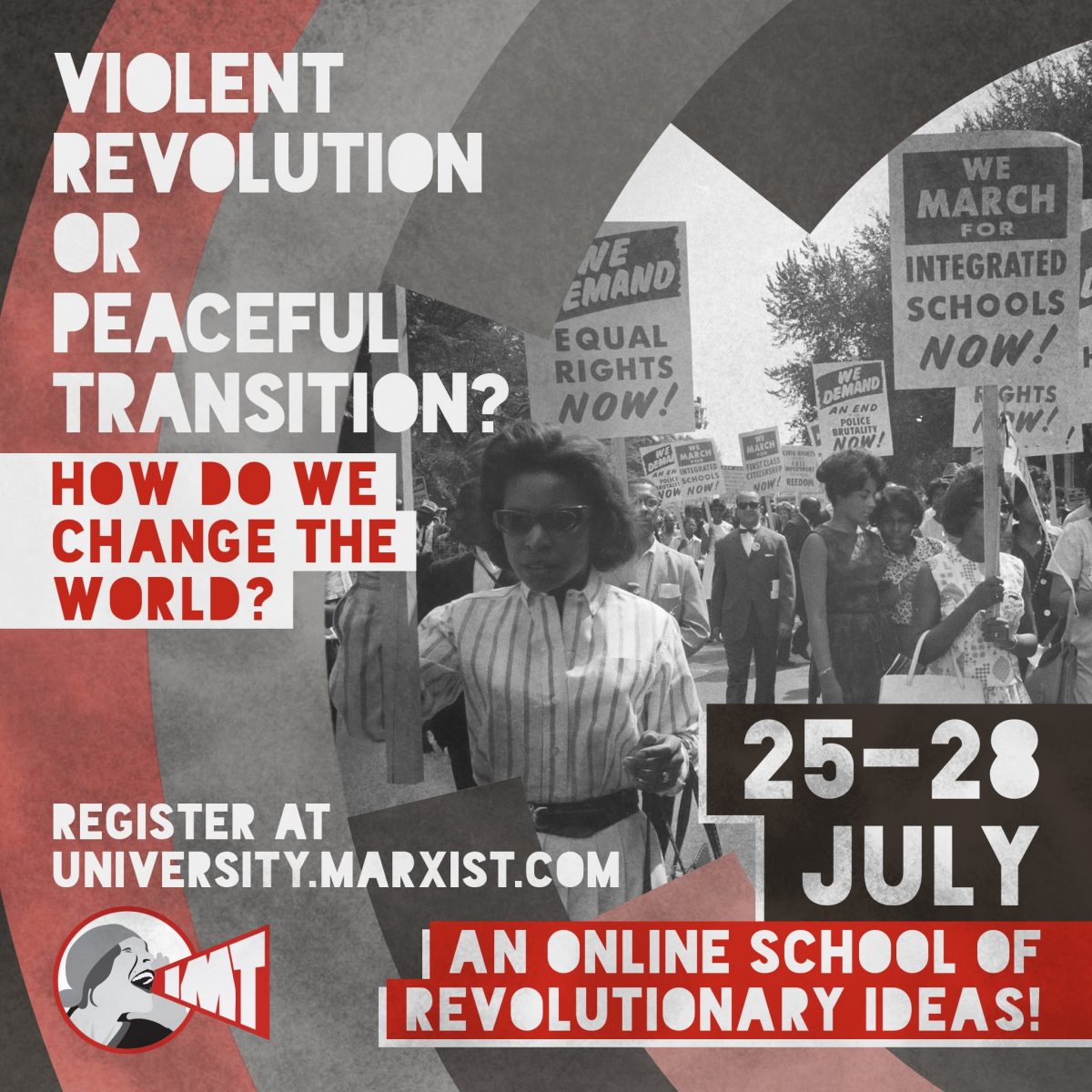
One of the many slanders hurled at the Bolsheviks is that they were bloodthirsty intriguers who got their way through violent means. This is a criticism shared both by the hypocritical bourgeois, and elements on the left. These pacifists say that we need peace, love and understanding to counter the brutal repression of capitalism, not violent revolution. But will the ruling class ever really relinquish power without a fight? What is the real Marxist attitude to violence and pacifism? Our speaker, Ben Gliniecki, is a leading activist of the International Marxist Tendency.
Podcast: Play in new window | Download
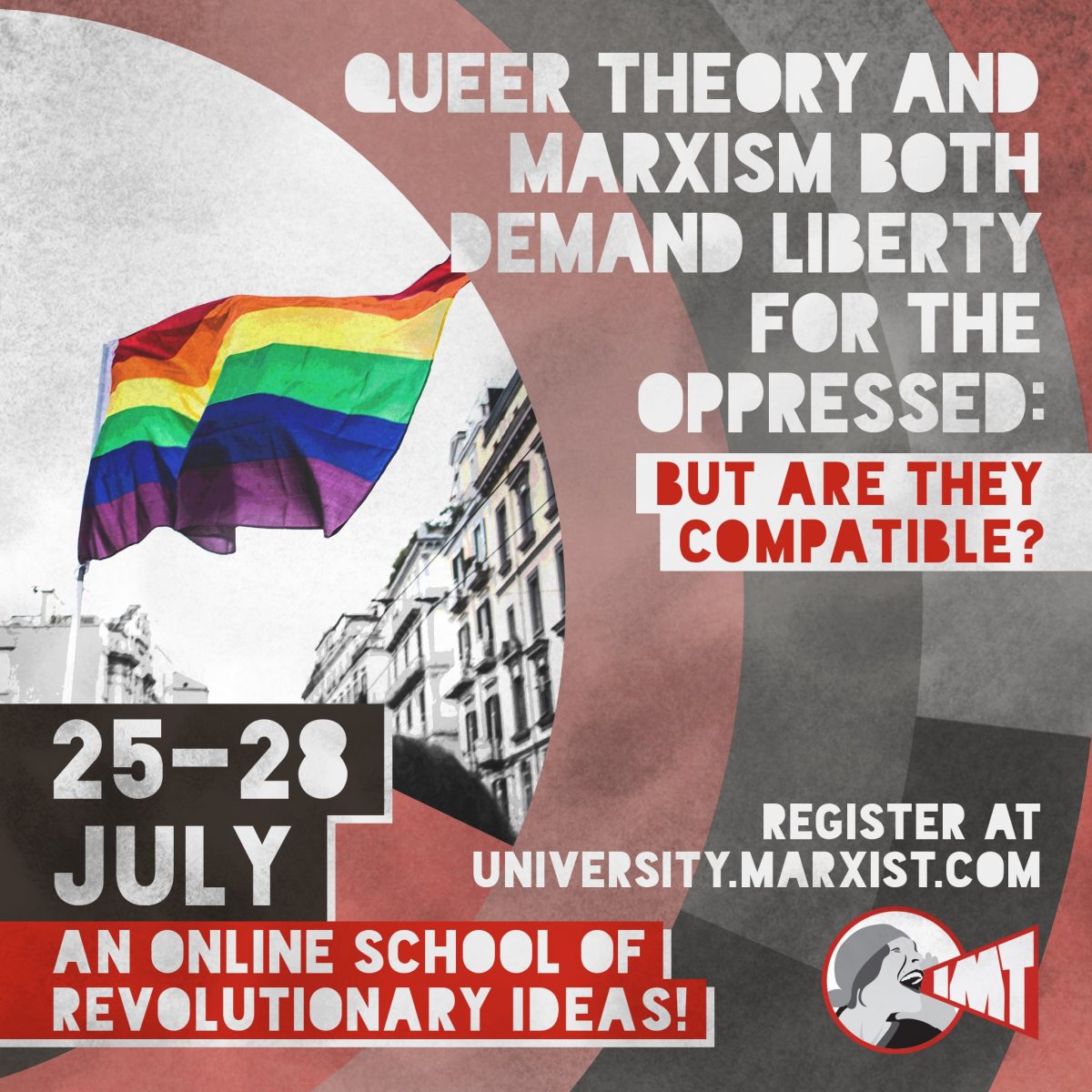
Marxism defends the unity of peoples across all gender and sexual lines in the fight against the oppressive capitalist system. But Queer Theory holds that our gender and sexual identities are a fiction produced by discourses and oppressive power in society: a learned performance. What does this idea mean for the liberation struggle? Is Queer Theory compatible with Marxism? This discussion will tackle these issues. Our speaker, Yola Kipcak, is a leading activist of Der Funke, the Austrian section of the IMT.
Podcast: Play in new window | Download
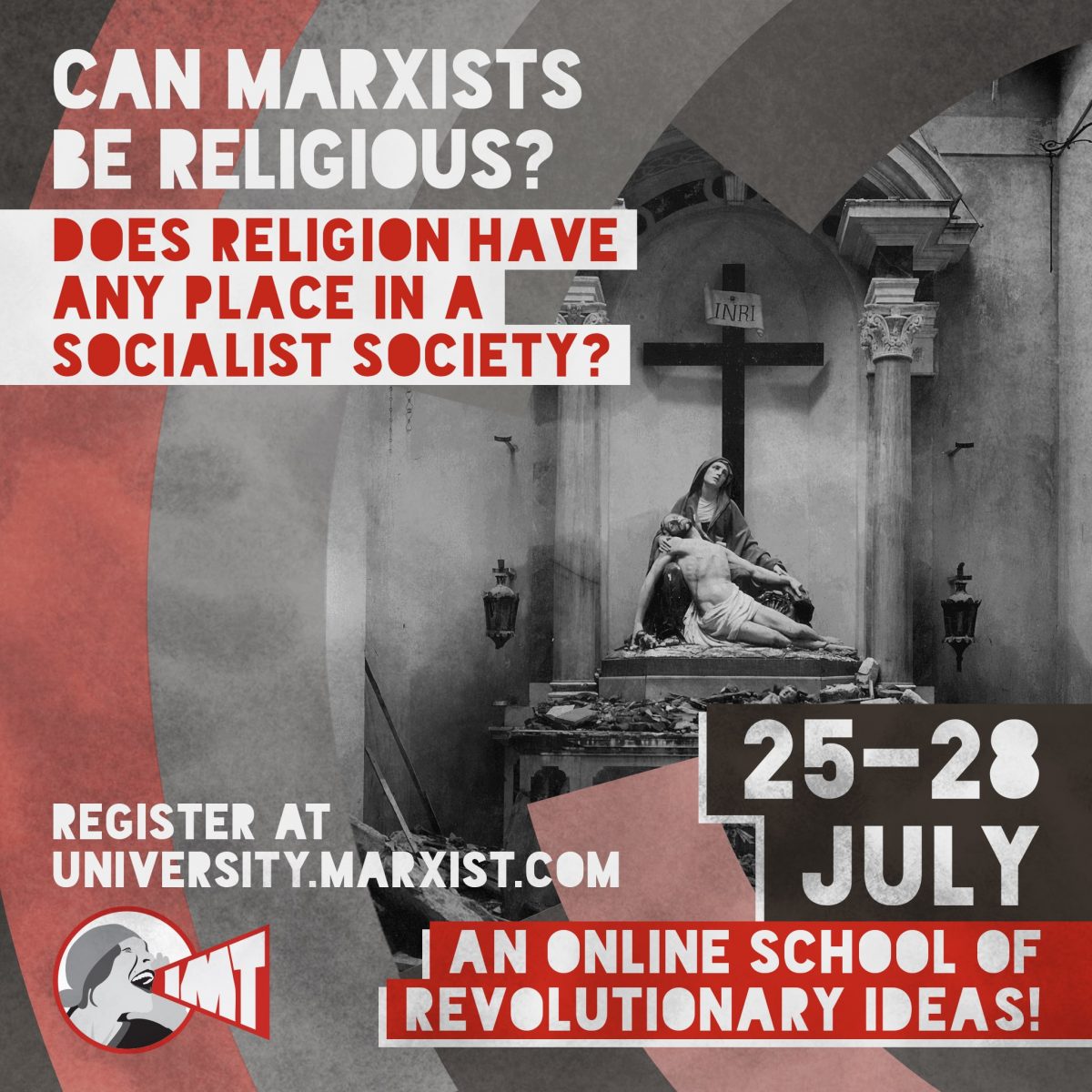
One of Marx’s best-known quotes is “religion is the opium of the people”, but that is not the end of the question. Marxism rejects all forms of superstition. Religion plays a profoundly reactionary role in society. But it cannot be overcome by argument alone. We must instead dismantle its social basis: the class system itself, which causes such misery and hardship that many people can only cope through the promise of an eternal reward after death. With the creation of a just and decent existence on earth, religion would serve no purpose. Our speaker, Alex Grant, is a leading member of Fightback, the Canadian section of the IMT.
Podcast: Play in new window | Download
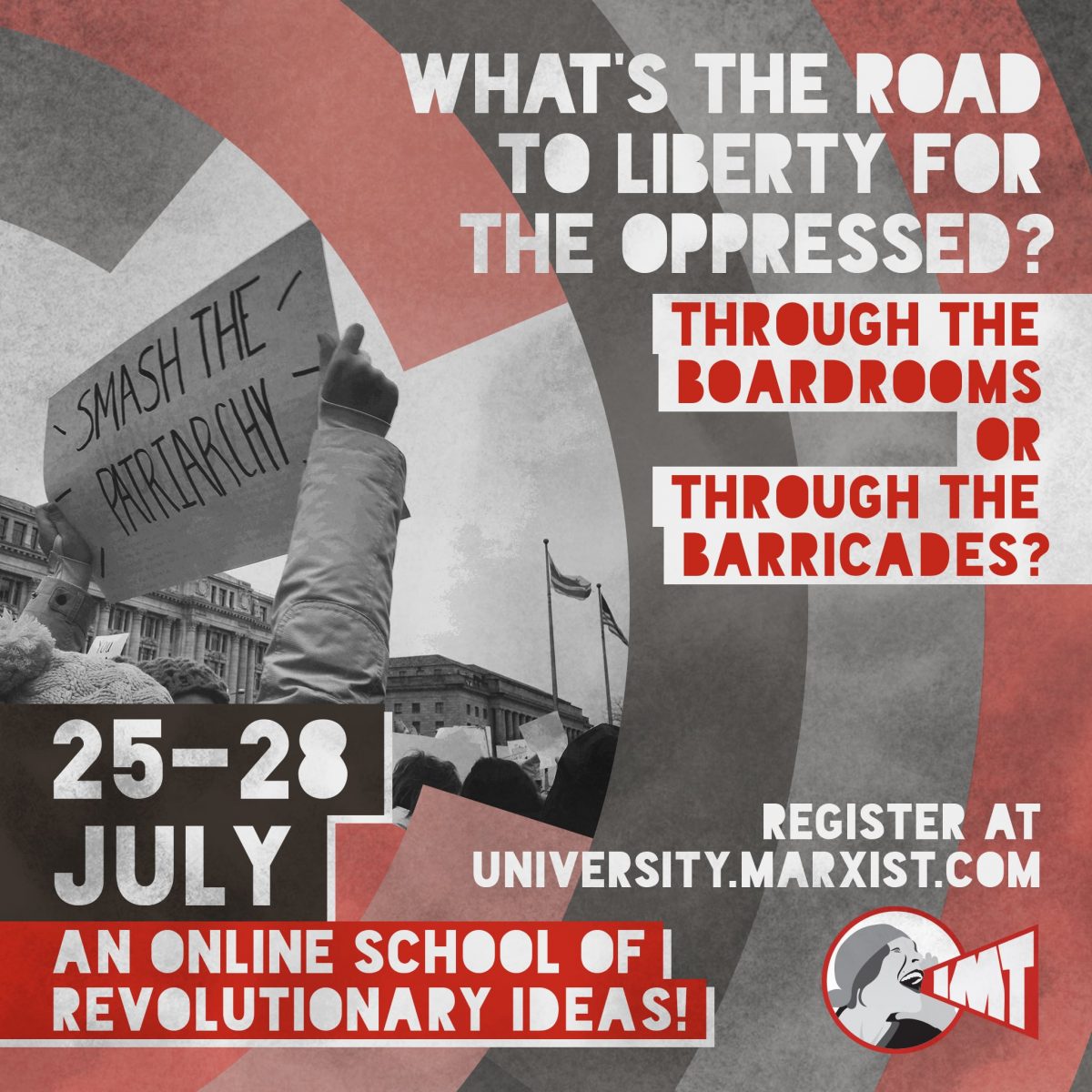
Marxists are often accused of ‘Eurocentrism’ and ‘class reductionism’ (particularly in academic circles) when we argue for the struggle of workers of all races and nations against capitalism. It is said our emphasis on international working-class solidarity ignores the experience of people from the former colonial world, who must ‘decolonise’ their minds of Western-imposed ideas (Marxism included), and fight their own battles for liberation. But what is the best way forward for oppressed peoples throughout the world? This talk will explore these debates from a Marxist perspective. Our speaker, Hamid Alizadeh, is a leading activist of the International Marxist Tendency.
Podcast: Play in new window | Download
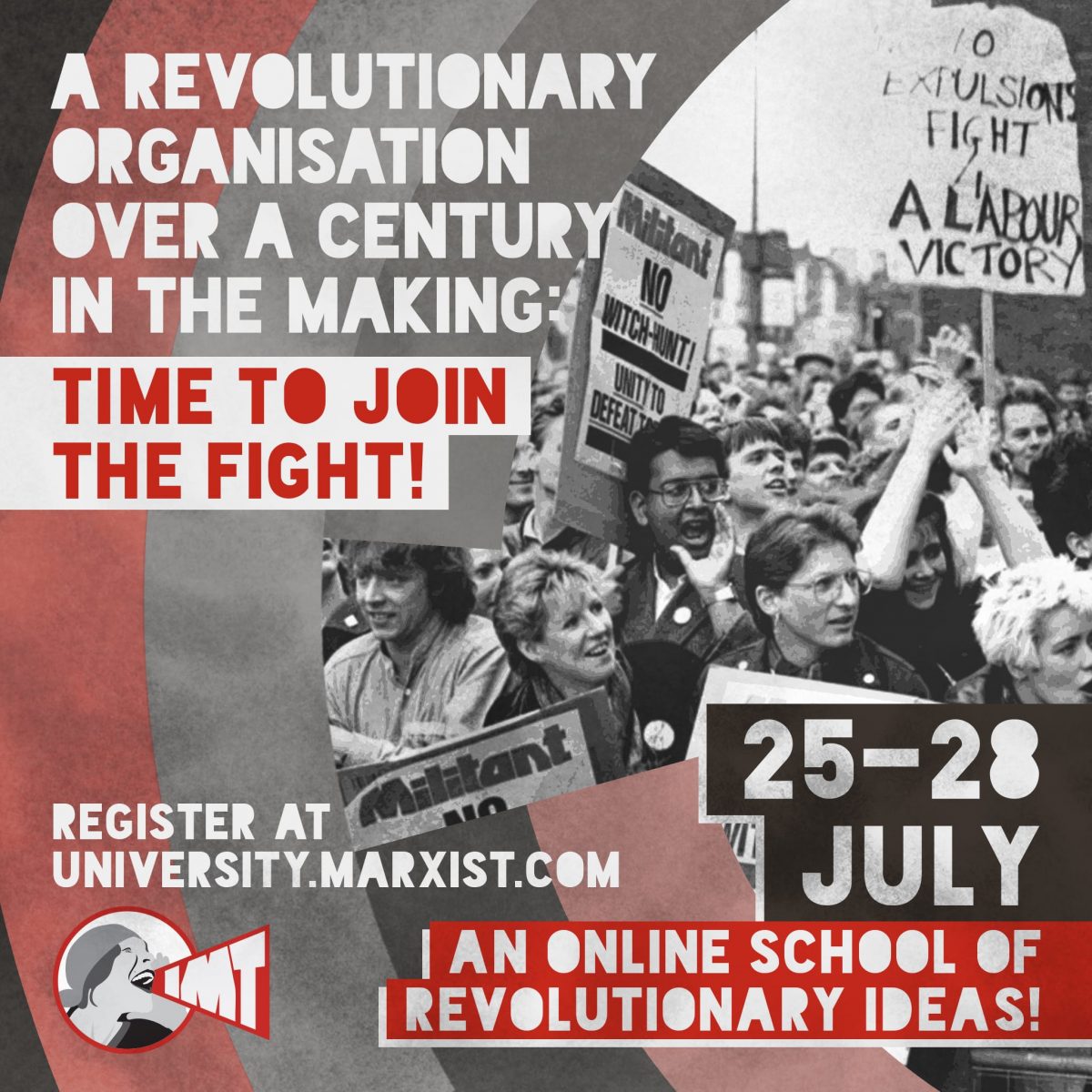
The International Marxist Tendency traces its roots all the way through the First, Second, Third and Fourth Internationals. In the postwar period, there was a general retreat by the forces of genuine Marxism, and the left was dominated by the distortions of Stalinism and reformism. While other groups were preparing for a Third World War or denying the existence of the working class, our tendency put up a firm defence of the theories and traditions of Marxism; which at every turn, were proved to be correct. By building on the firm basis of theory, our organisation is today emerging as the strongest revolutionary force amongst workers and youth worldwide. Our speaker, Fred Weston, is a leading activist of the International Marxist Tendency.
Podcast: Play in new window | Download

In the current period, identity politics are in vogue. Along with the related trend of intersectionality, these ideas stress the importance of self-identification, personal experience, and the various layers of oppression people experience on racial, sexual, gender and other lines. What is the basis for identity politics? Why are they so popular with the youth in particular? And how do they square with the Marxist method of solidarity and class struggle? Our speaker, Ylva Vinberg, is a leading activist of Revolution, Swedish section of the IMT.
Podcast: Play in new window | Download
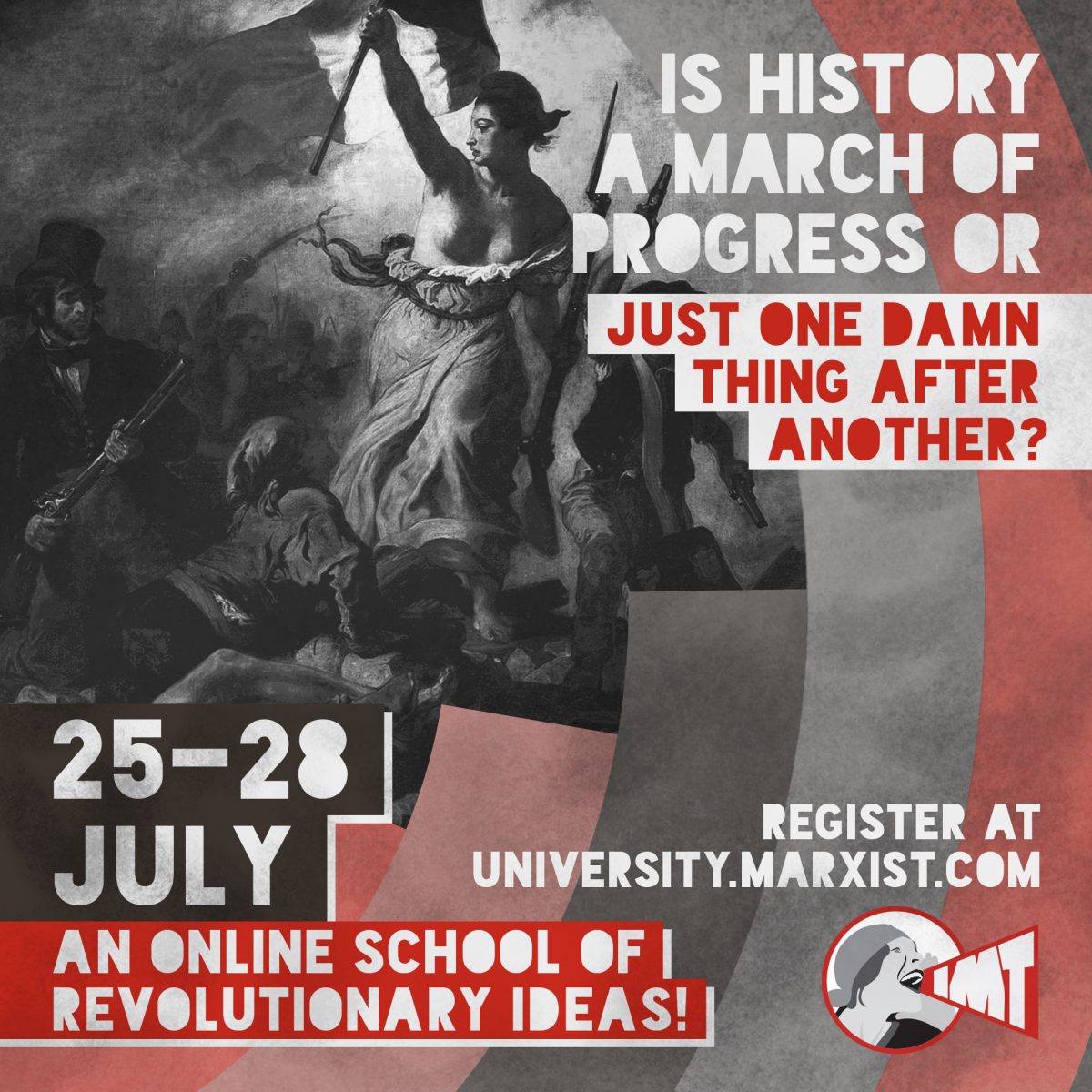
Bourgeois, liberal and postmodern historians alike tend to reject the Marxist view that history is driven by material laws and processes. Some also reject the idea of progress, saying this is merely a point of view. They say that history is basically random, punctuated by exceptional individuals on whom the fate of human society turns. But why is it that similar conditions result in similar events, outcomes and characters reoccurring across history? And has there really been no progress between stone tools and spacecraft? This talk will demonstrate and defend the method of Marxist historical materialism. Our speaker, Josh Holroyd, is a leading activist of Socialist Appeal, British section of the IMT.
Podcast: Play in new window | Download
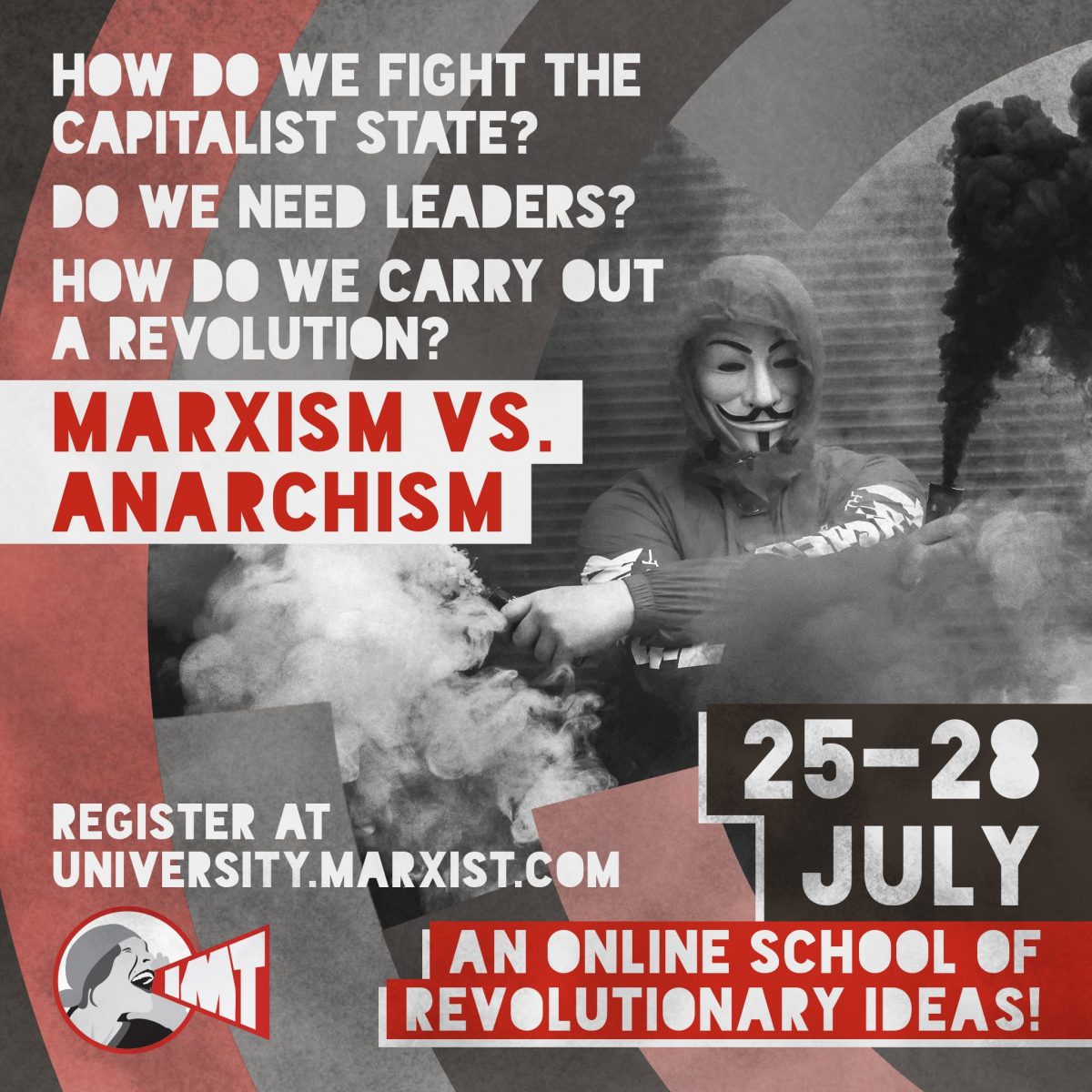
Marxists and anarchists share many of the same objectives in common: fighting oppression, smashing the bourgeois state, creating a society without class exploitation and so on. However, there are also important differences in our ideas and methods, particularly related to the nature of power in general, and of state power in particular. In this talk, we will explore the differences between Marxism and anarchism. Our speaker, John Peterson, is a leading activist of Socialist Revolution, the US section of the IMT.
Podcast: Play in new window | Download

Many attempts have been made over the years to ‘update’ Marx’s economic theories. Inevitably, these ideas jettison the revolutionary core of Marxist economics. Instead of applying a dialectical and materialist method to the economy, the revisionists slip into a mechanical and idealist mode of analysis. They do not see the economy as a living, breathing system, composed of human beings and conflicting classes, but as a set of abstract equations. This discussion will set the record straight, show how these revisionist ideas fall short, and give an overview of genuine Marxist economic theory. Our speaker, Rob Sewell, is a leading activist of Socialist Appeal, British section of the IMT.
Podcast: Play in new window | Download